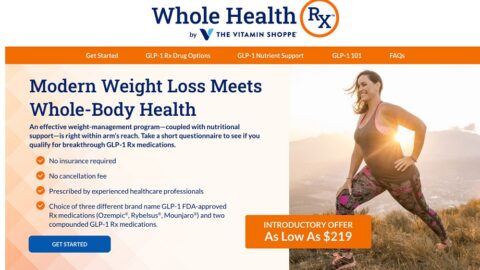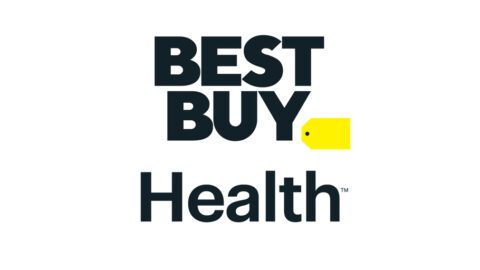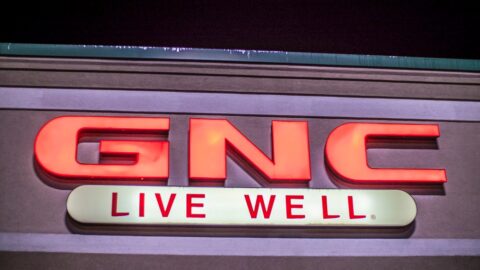In another instance of the e-Commerce giant’s continued push into private label, Amazon is wooing additional retailers and brand manufacturers to sell exclusive products on the site. Retailers such as GNC and Tuft & Needle already have launched products on Amazon, with the latter creating a new brand, Nod, exclusively for Amazon shoppers.
GNC and sweetener brand Equal launched products through an Amazon-led accelerator initiative called “Our Brands” that started in October 2018. Through the program, retailers and brands get more direct exposure to different (mostly younger) consumers who might not otherwise shop at their store or web site.
In GNC’s Q3 conference call, CEO Ken Martindale compared the Amazon relationship with other retailer partnerships — Rite Aid, PetSmart and Sam’s Club — indicating that as stores close, the retailer has set a goal of introducing “non-users to the brand through other channels.”
Aside from exposure, retailers and brands working with Amazon can benefit from faster customer feedback and marketing support when testing new products. Additionally, time-to-market is short: products that normally took 12 to 24 months to develop had to be ready in 90 days, Brian Huff, North American President of Equal sweetener manufacturer Merisant, told The Wall Street Journal.
A Tale Of Two Retailers
GNC and Tuft & Needle represent two contrasting stories within retail, showing just how attractive the Amazon option can be regardless of a company’s success or its business model. GNC only drives 7.2% of total sales through e-Commerce and it isn’t exactly dominating the brick-and-mortar space either, with plans to close anywhere between 700 to 900 stores by 2021. With revenues declining 5.4% in Q3, GNC needs a reliable growth channel, and Amazon seems to be providing one.
On the other hand, Tuft & Needle was built on the direct-to-consumer online model and only has five stores, and it has been selling products on Amazon since 2013. The company also displays mattresses in select Lowe’s, Crate & Barrel and Walmart locations, where shoppers can test them and have them delivered to their home or order them online. With sales jumping from $45 million in 2015 to $170 million in 2017, it doesn’t seem like T&N needs to reach out to Amazon for help. Another cautionary note: shipping and packaging costs for T&N and GNC would both rise due to faster fulfillment demands, potentially creating a profitability risk.
Amazon has plenty of incentive here — more than the retail partners do — in that collaborating with them minimizes the cost and time required to build its private brands. In total, the e-Commerce giant offers more than 100 in-house brands as part of its private label push, so the more exclusive products it can carry, the better.
Brands are taking notice of Amazon’s private label business, which is on pace to generate $25 billion in sales by 2022, according to SunTrust Robinson Humphrey. Of the brands selling on Amazon, 66% concede that competing with Amazon’s private label products is a pain point, while 70% agree that competition with other brands on Amazon is a leading concern, according to data from Feedvisor.
Given these concerns on tap, “exclusivity” may not be the strongest value proposition for retailers. GNC and Tuft & Needle will need to differentiate their products and pinpoint the exact customer segment they’re looking for if they want to outdo competitors selling on the site.












